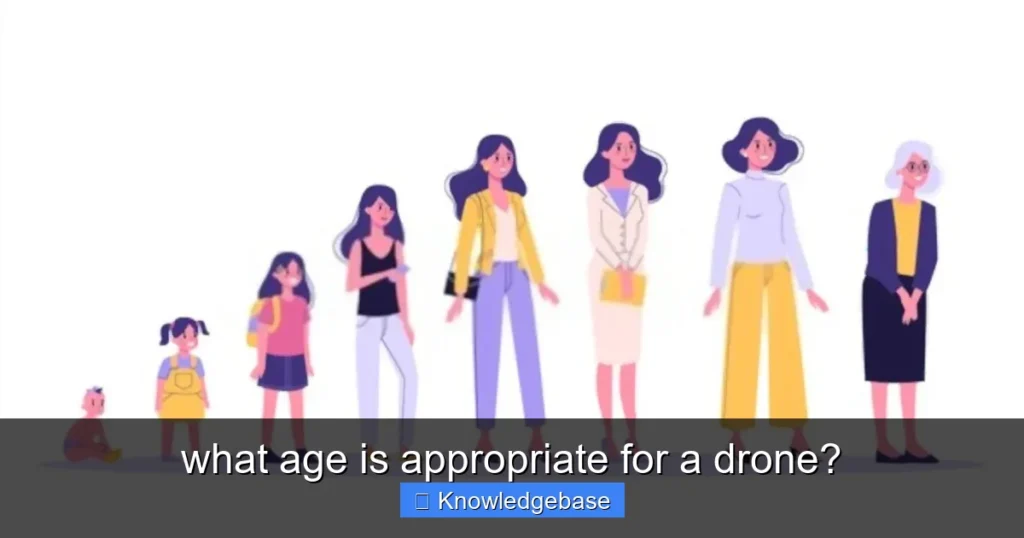
Featured image for this comprehensive guide about what’s the biggest drone you can buy?
Image source: zenadrone.com
This is a comprehensive guide about what’s the biggest drone you can buy?.
Quick Answers to Common Questions
What is what’s the biggest drone you can buy??
what’s the biggest drone you can buy? refers to essential knowledge and techniques that can significantly improve your understanding and results.
Why is what’s the biggest drone you can buy? important?
Mastering what’s the biggest drone you can buy? provides practical benefits and helps you achieve better outcomes in various situations.
How does what’s the biggest drone you can buy? work?
what’s the biggest drone you can buy? involves specific methods and approaches that deliver effective results when applied correctly.
When should I use what’s the biggest drone you can buy??
You can apply what’s the biggest drone you can buy? techniques whenever you need to improve your approach or achieve better results.
What are the benefits of what’s the biggest drone you can buy??
Learning what’s the biggest drone you can buy? offers numerous advantages including improved efficiency, better results, and practical applications.
Frequently Asked Questions
What is what’s the biggest drone you can buy??
what’s the biggest drone you can buy? is an important topic with many practical applications and benefits.

Learn more about what’s the biggest drone you can buy? – what’s the biggest drone you can buy?
Image source: i.stack.imgur.com
How can what’s the biggest drone you can buy? help me?
Understanding what’s the biggest drone you can buy? can improve your knowledge and provide practical solutions.



